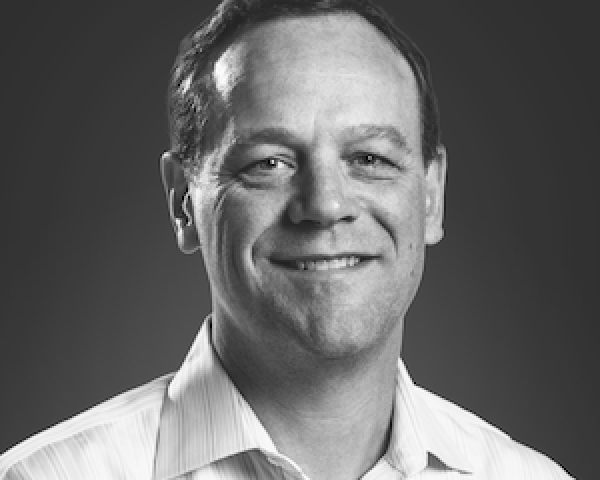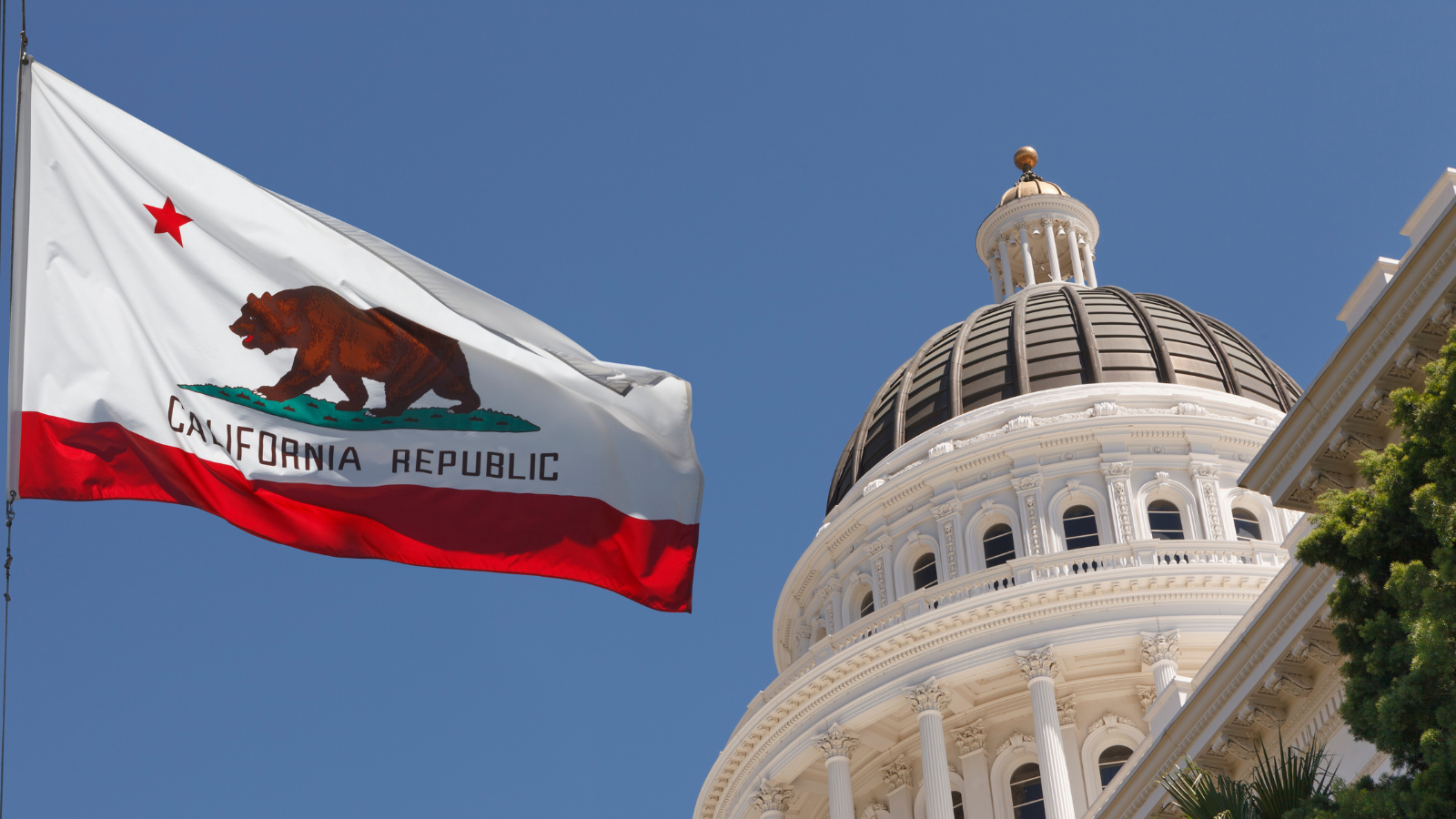Since diving into the insurance sector right out of school 36 years ago, I've enjoyed watching the so-called experts predict the demise of the local personal lines property/casualty insurance agent across the years.
There have been several waves of direct-to-consumer (D2C) personal lines P&C insurance provider start-ups throughout that timeframe, and each time we've been left dodging all the subsequent roadkill (or soon-to-be-roadkill among the most recent wave of insurtechs). The next wave will be generated by the "experts" who jump onto the artificial bandwagon.
There are only a couple honest D2C successes over time, and it took a long time for each...and a lot of patience and capital to support the steady growth.
Take Wawanesa. It started in 1975 in San Diego with the support of the Canadian parent, stayed focused regionally and expanded into Oregon around 30 years later. To this day, it only sells policies in California and Oregon. It's an absolute gem of an insurance provider. There's also The General (originally Permanent General) that was launched by Brian Brown in Nashville. And obviously, we have GEICO and Progressive.
GEICO nearly failed in the '70s but was rescued by the Oracle of Omaha, starting in 1976. Per its website, Progressive shifted "focus from being an agent-centric company to building a leading consumer brand" in 1988. With that strategy shift, a legendary leader and a bunch of brilliant, motivated people like Alan Bauer, Progressive thumbed its nose at slow, steady growth and began its meteoric market share grab. (For more on that story, please take 5 minutes to read my all-time favorite article on auto insurance, "Sex. Reefer? And Auto Insurance.")
But that's about it! Pretty much all others that set out to "crush" the antiquated and bloated local agency model in the last four decades have failed. Fireman's Fund, Great American and Direct Response tried in the '90s, eCoverage in the early 2000s. It even took out a full-page color ad in the Wall Street Journal proclaiming "The Industry is Toast." A year or two later, it shut down and sold its technology to GMAC Insurance for practically nothing.
Oh, and don't forget about Esurance! Did Erin Esurance ever get her loss ratio into the double digits? The insurtech movement burped out "agent killers" like Hippo, Root and Lemonade (to name a few), which all had seriously broken IPOs and, now, rapidly declining market caps.
Now, everyone should get ready (and be very skeptical) of the fat cat consulting firms roaming corporate insurance company hallways who will wave the artificial intelligence flag as the next thing that will no doubt exterminate the local agent. These are the folks who have LinkedIn profiles with "MBA" after their names. because they think it makes them look smarter and more important. like a doctor or professor. (Not in my book....)
The consultants will bash the local agent model and issue recommendations to ditch it and go direct. No consultant can make a living by saying, "You're doing a great job, keep up the great work and don't change a thing!"
Those office water walls and seafood tower dinners aren't going to pay for themselves!
Why does the local agent continue to dominate personal lines auto and home distribution? And why will they become even more important in the artificial intelligence age?
Simple...it's the consumer, stupid! Consumer behavior hasn't changed much when it comes to shopping and buying auto and home insurance. Sure, you have the non-standard consumer who will buy from anyone and the ultra-price-sensitive consumer who will move providers for a couple bucks of savings. But the vast majority of consumers want a local insurance professional who can expertly guide them through the complex buying process to make sure proper coverages are established and be nearby when "the promise" is needed in tough times.
As artificial intelligence continues its rapid rise, I expect consumers will increasingly become skeptical when it comes to insurance, and it will be difficult to trust the machines with protecting their most prized possessions. And forget about trying to have an actual meaningful conversation with a real human being to determine the best coverages for their individual situations.
To you insurance carriers: Don't discount the plus of having boots on the ground to verify reality when needed (this will become increasingly difficult from afar).
The result: Consumers will lean even more into the local agent -- someone they can actually see in person (if they want to) and know is real and nearby. You can't do that with artificial intelligence.
The "experts" will argue that robots residing on corporate servers can do a much better job for consumers than local agents! Please do a focus group before deciding to follow that flawed thinking.
With luck, some carriers will shift gears and begin to invest in agents' compensation, education, development and operations. Those that do will dominate the passing lane on the artificial intelligence superhighway.
To local agents: Sorry, but it's likely you'll all continue to be dissed just as you have been throughout the past. Don't listen, and don't take it.
All of the local insurance professionals I know have tough skin. Rock on like Twisted Sister! "There ain't no way we'll lose it, this is our life, this is our song, we'll fight the powers that be, we're not gonna take it."








